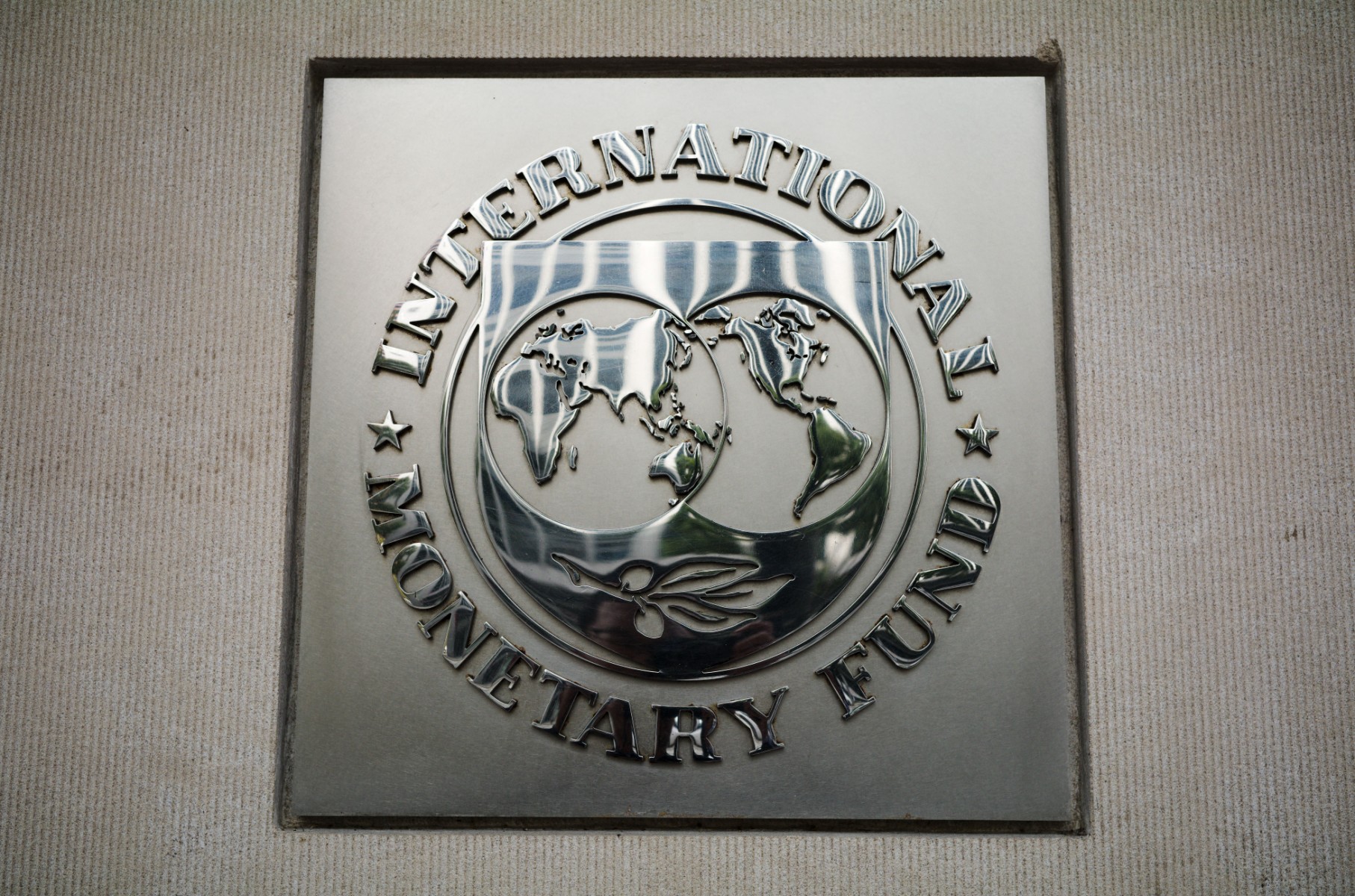Washington, United States — US President Donald Trump’s stop-start tariff rollout has “significantly” increased global financial stability risks, the International Monetary Fund said in a report published Tuesday
The IMF’s Global Financial Stability Report (GFSR) was published as world financial leaders gather for meetings in Washington under the cloud of policy uncertainty triggered by Trump’s tariff announcements.
The administration’s tariff plans “triggered a bout of policy uncertainty,” which was only exacerbated by the retaliatory measures unveiled by China, the IMF said.
Against this backdrop, the GFSR’s authors found that “global financial stability risks have increased significantly, driven by tighter global financial conditions and heightened economic uncertainty.”
Speaking to reporters on Tuesday, IMF financial counselor Tobias Adrian identified three vulnerabilities to financial stability.
These were: High asset valuations in key equity and corporate debt markets; highly leveraged financial institutions, including some hedge funds; and the possibility of additional turbulence in sovereign bond markets in countries with high debt levels.
“The tightening of financial conditions that we observed in the last three weeks has an outsized impact on those more vulnerable countries,” he added.
The bond markets became an unlikely cause for concern in the United States earlier this month, with yields jumping sharply after Trump’s tariffs went into effect.
The risk, however, extends far beyond the decisions taken in Washington, with higher bond yields in countries considered a safe bet feeding through into even greater borrowing costs elsewhere.
“Emerging market economies already facing the highest real financing costs in a decade may now need to refinance their debt and fund fiscal spending at higher costs,” the IMF said.
The Fund also warned that geopolitical risk — including military conflicts — could raise risks to financial stability.
“Given high levels of leverage in the financial system and growing interconnectedness between nonbank financial intermediaries and banks, sufficient levels of capital and liquidity in the banking sector remain the anchor of global financial stability,” the IMF said.
Adrian also addressed the independence of the US Federal Reserve, following repeated attacks on the bank — and its chair Jerome Powell — from President Trump.
“We have seen time and time again that central bank independence is an important foundation for central banks to achieve their goals, which are primarily price stability and financial stability,” he said.
“We do advise our membership to have a degree of independence that is aimed at achieving those overarching goals,” he added.








